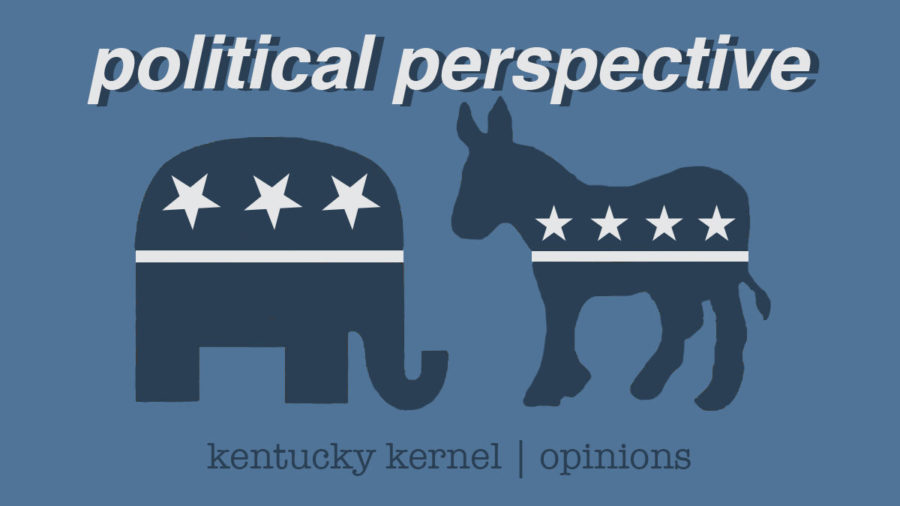Calling for a compromise in government over shutdown, border wall
January 10, 2019
Earlier this year, NPR released a podcast called “Red Brain, Blue Brain,” which examined a multitude of studies and placed them together to understand what causes political differences and how those differences can dictate small parts of our lives, like what food we eat and what music we prefer. The podcast detailed one study in particular, which examined the brain patterns of Democrats and Republicans when shown a variety of disturbing pictures.
The participants of the study were shown a picture of a nail piercing a foot. The study found that Democrats’ brains responded by being empathetic; those individuals reacted as if they were feeling pain even though they were not.
On the other hand, Republicans’ brains reacted more in a way of being personally scared of the same event happening to them.
The podcast wrapped up by saying that no viewpoint is better or worse than the other, but if the government (and individuals) wish to make any major headway, they have to recognize the other party members’ perspectives.
The U.S. government could greatly benefit from this half-hour podcast, especially right now. It’s childish to believe that only one perspective is correct. Border control does not personally worry me, but I recognize that for others it may be more of a concern. At the same time, it seems as though research and reality are being ignored by those in support of building a border wall.
The Rand Corporation website says that, “Even if hypothetically, a wall along the U.S.-Mexican frontier were to increase border security, it would not eliminate illegal migration. Many illegal residents of the U.S. arrived legally and then overstayed their visas.”
Also, the estimates of how much the wall would cost vary greatly from President Trump’s estimated $8 to $12 billion. One estimate places the cost more at $27 to $40 billion, according to the Bloomberg website.
In the event of the government shutdown, no party is correct. It should never be a matter of political party versus political party, but rather a group of people working to do the best they can for their country.
Both sides need to look at research to determine a compromise. Five billion dollars for a border wall that would likely not actually do much in terms of preventing illegal immigration is probably not the way to go, but that does not mean more money could not be invested in other aspects of defense.
Regardless of what is eventually agreed upon, a compromise needs to develop, and soon.



























































































































































